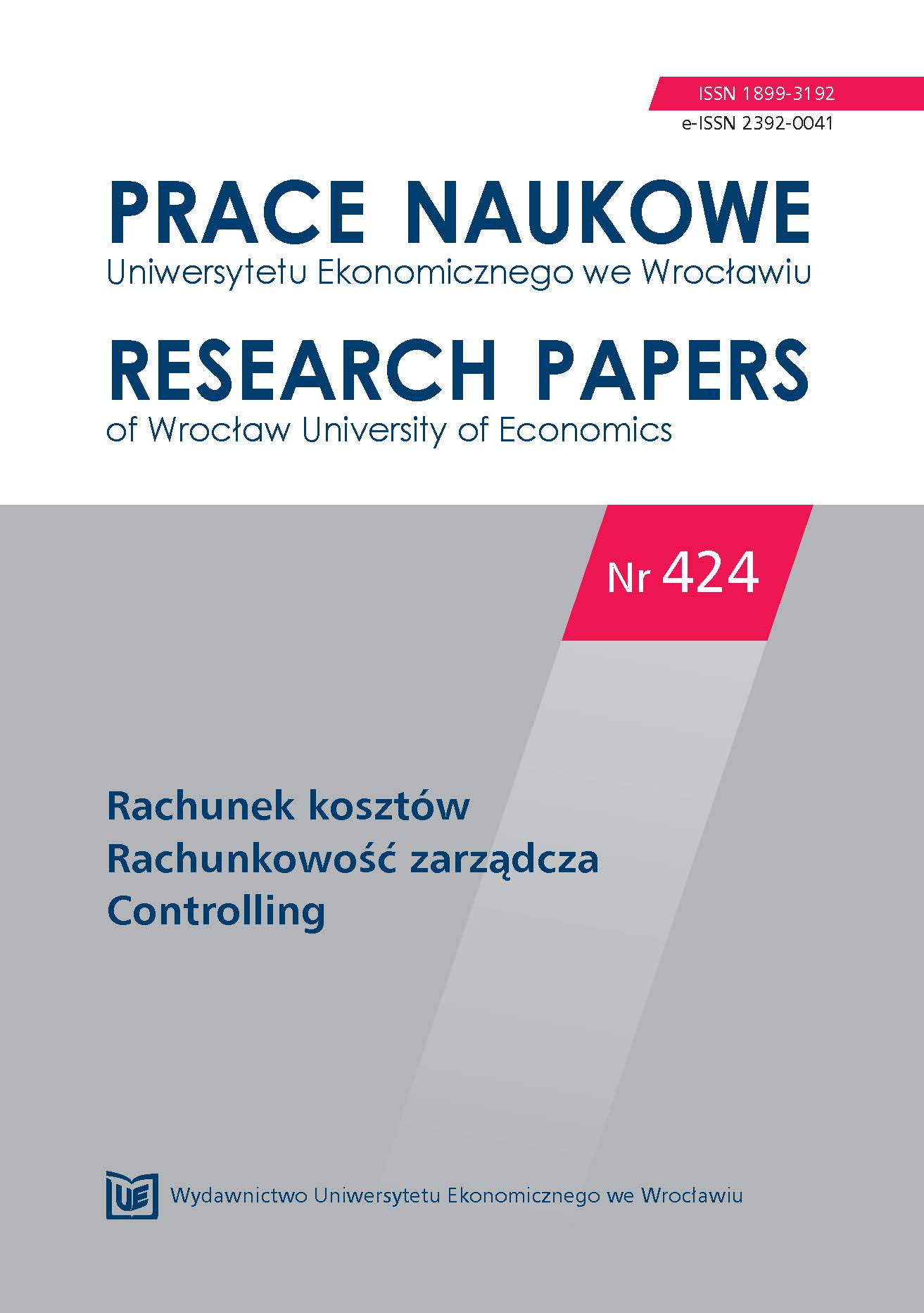Zasada równoważenia kosztów i korzyści z informacji dostarczanych przez sprawozdania finansowe
Applying the cost-benefit principle to information disclosed in financial statements
Author(s): Edward NowakSubject(s): Economy, National Economy, Business Economy / Management, Financial Markets
Published by: Wydawnictwo Uniwersytetu Ekonomicznego we Wrocławiu
Keywords: financial reporting; information costs; information utility; financial information quality
Summary/Abstract: Information disclosed in financial reports should be of use for its recipients and fit for decision-making purposes. The task of providing recipients with such information is invariably burdened with cost. Consequently, it is important to maintain proper balance between the cost of information acquisition and the potential benefits resulting from the use of such information. The cost-benefit principle is an important criterion to be met in financial reporting, and perceived as a limitation to the fundamental qualitative characteristics of useful financial information. The criterion is recommended in financial reporting regulations, both those by the International Financial Reporting Standards and the EU Directive on financial reporting. The most typical method of approach in this context involves adjustment of the content of financial disclosures to the scale of the entity’s operation.
Journal: Prace Naukowe Uniwersytetu Ekonomicznego we Wrocławiu
- Issue Year: 2016
- Issue No: 424
- Page Range: 173-181
- Page Count: 9
- Language: Polish

